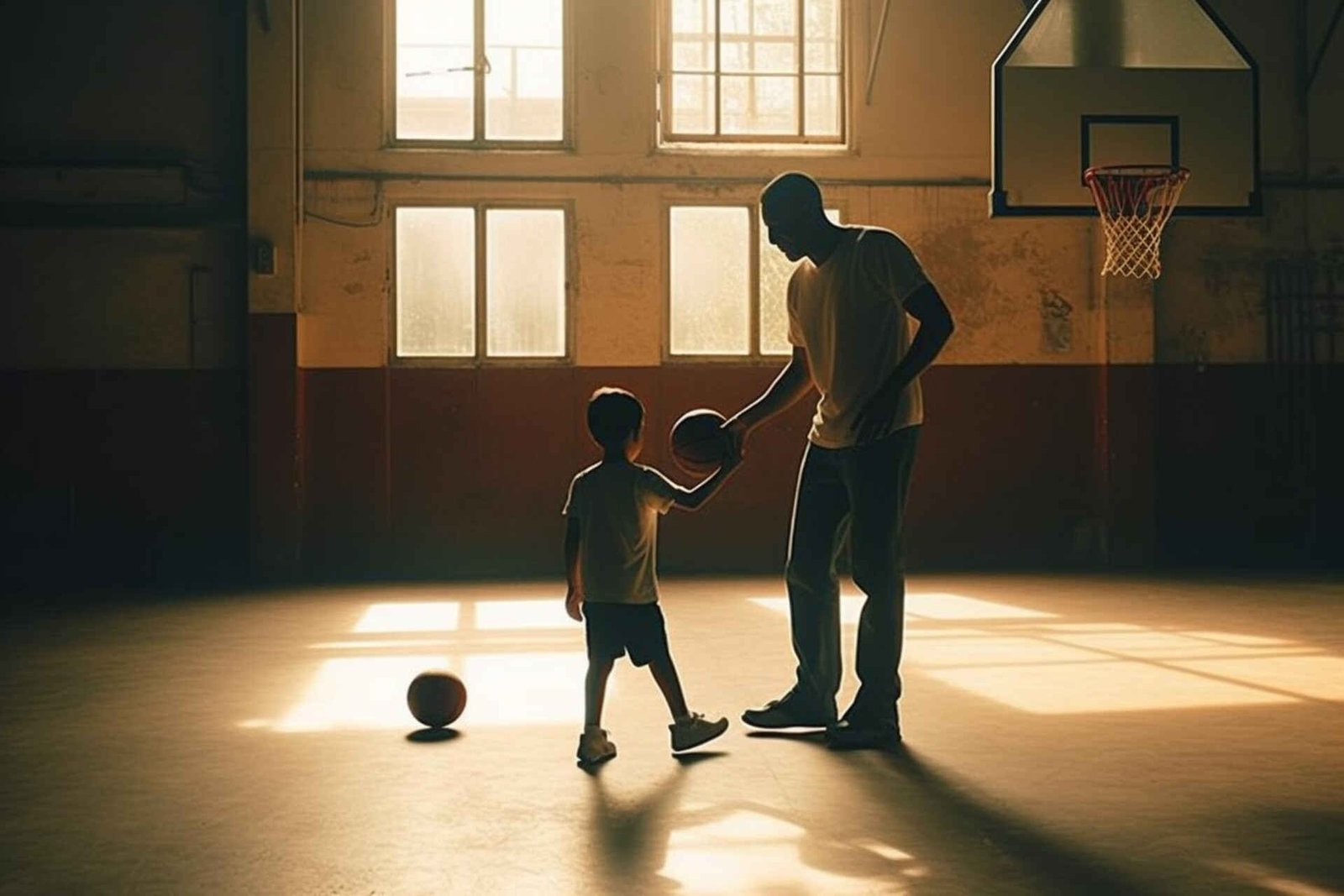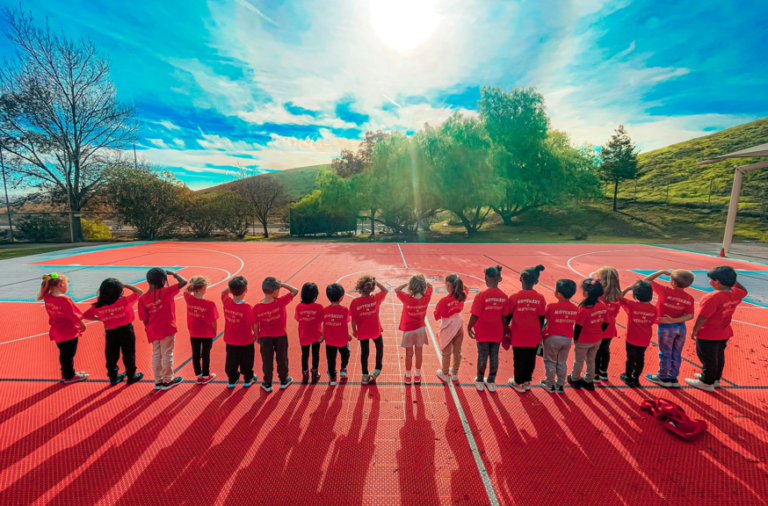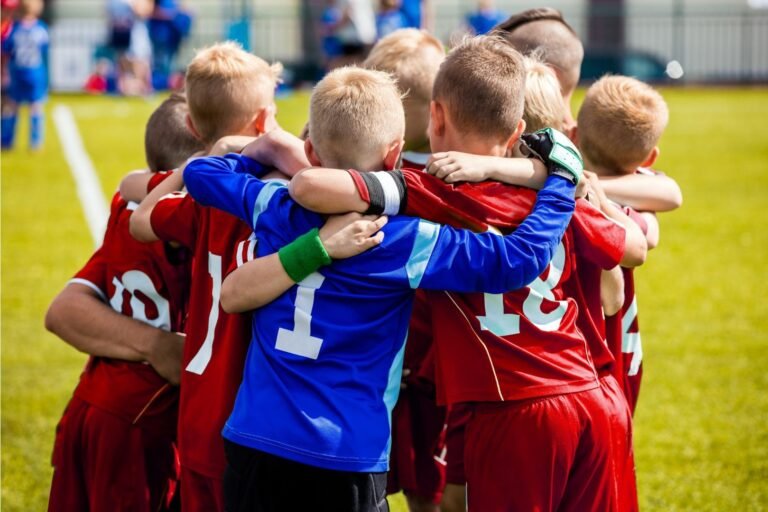The experiences and success of their children in sports are much shaped by their parents. A child’s development, drive, and general enjoyment of physical activities can be much influenced by their participation. This paper investigates the several responsibilities that parents play in their children’s sporting paths and provides ideas for creating a favorable and encouraging surroundings.

1. Providers of Opportunities
Usually, parents help their children to enter sports first and foremost. They give the tools required for participation in different sporting events: equipment, transportation, and financial support among other things. Children’s exploration of many sports and discovery of their interests is made possible by this basic support.
2. Role Models of Behavior
Young children frequently copy the attitudes and actions of their parents. Children are more likely to engage in such activities when parents have a good attitude toward physical activity and show sportsmanship, therefore promoting a good approach to rivalry and teamwork.
3. Interpreters of Experiences
By offering comments and viewpoint, parents enable children to make sense of their sporting experiences. Children’s view of success and failure can be shaped by their interpretations, therefore affecting their drive and resilience in sports and other spheres of life.
4. Emotional Supporters
A child’s confidence and pleasure of sports depend critically on the emotional support their parents offer. Encouragement at difficult times and celebrations of success helps a child’s self-esteem and ongoing interest in sports to be maintained.
5. Balancing Involvement
Although active participation has advantages, parents should strike a balance to prevent too involved behavior. Too much pressure or criticism might lower a child’s self-esteem and drive. Respecting kids’ uniqueness and letting them decide whether or not to participate in sports promotes independence and personal development.
6. Collaborators with Coaches
Developing a good rapport with coaches guarantees the child a consistent support structure. Open lines of contact between parents and coaches can help to resolve any issues and match expectations, thereby fostering a harmonic surroundings fit for the growth of the child.
7. Encouragers of Resilience
Sports naturally feature accomplishments and failures. Teaching their children resilience and endurance in the face of difficulty falls mostly on parents. Parents assist their children grow the will to keep on their path by guiding them through losses and difficulties.
8. Navigators of the Sports Landscape
Young sports can have complicated logistics and a universe all their own. From knowledge of laws and regulations to schedule management, parents help their children negotiate this terrain, therefore guaranteeing a seamless and fun sports experience.
9. Advocates for Healthy Balance
Emphasizing the need of relaxation and recuperation to avoid burnout and injuries, parents should support a sensible attitude to sports. Encouragement of several sports can also help to build a variety of talents and lower the early specialty-related hazards.
10. Promoters of Lifelong Physical Activity
Parents can inculcate in their children a lifetime respect of physical activity by encouraging a good sports experience. Beyond competitive sports into adulthood, this basis adds to long-term health and well-being.

Conclusion
Parents’ roles in their children’s sporting experiences are several and significant. Parents may greatly help their children’s performance and enjoyment in sports by giving chances, positive behavior modeling, emotional support, and balanced involvement. A careful and encouraging approach not only improves physical development but also builds vital life skills, therefore supporting general development and well-being.






